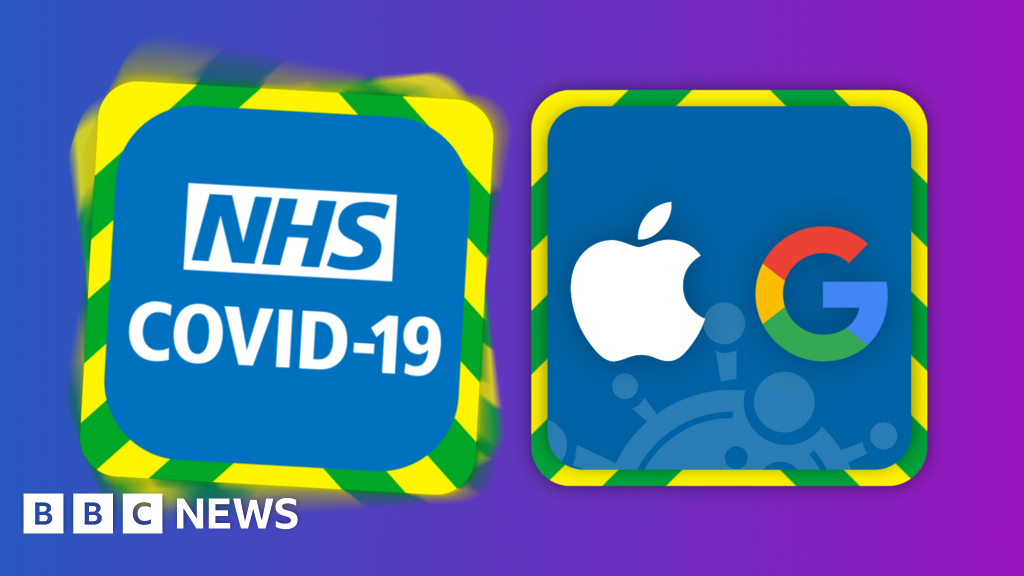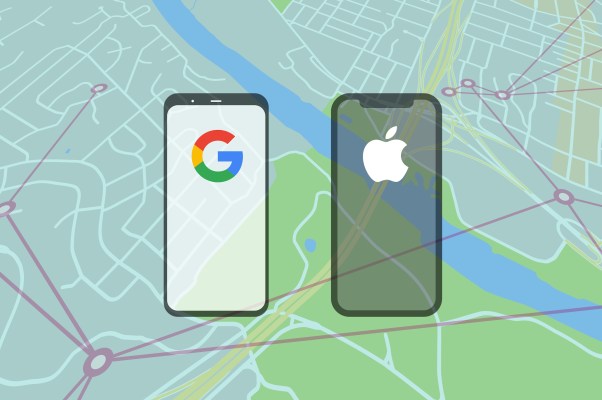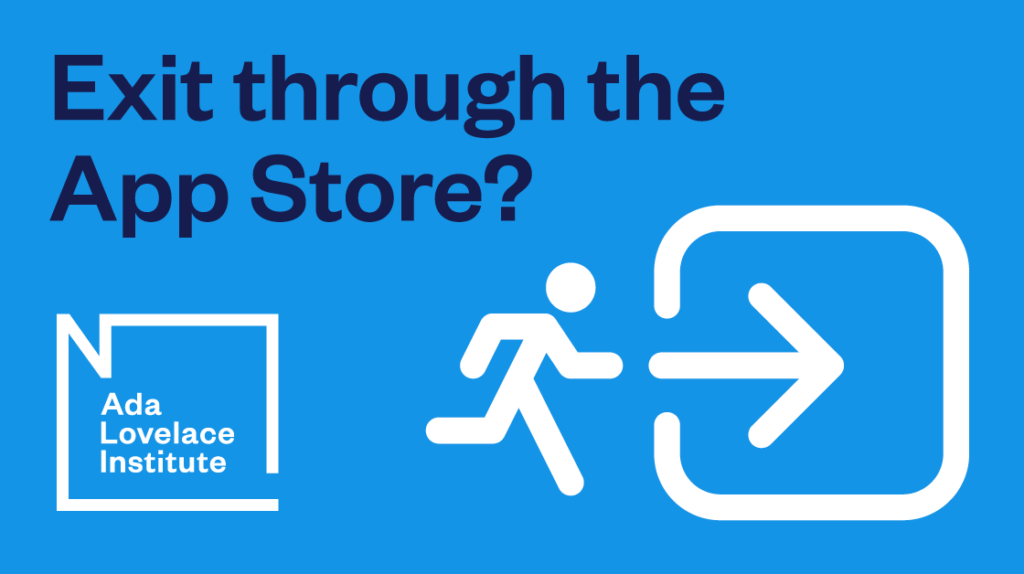Each post details an organizational action taken to improve the digital future while responding to the current crisis.
An opportunity for inclusion? Digital platform innovation in times of crisis | The Social Enterprise Magazine – Pioneers Post
Numerous digital platforms have emerged as a go-to response to the Covid-19 crisis – building on conventional platform characteristics, but using alternative, more inclusive organisational models. Will they stick?
“The platform innovations which we observed emphasised values like openness, sharing, cooperation, and transparency. One illustration of this was Pflegesterne (Care Stars), which enables a network of health organisations to address together the shortage of nursing staff in care facilities and hospitals.” – Friederici, Meier & Aslan Gümüsay.
Change model at Pflegesterne: Organizational innovation and new business models
Lessons For The World On How Estonia’s Digital State Is Coping With Coronavirus
Coronavirus is shaking the world out of all sorts of complacencies. Governments’ capacity – or lack of it – is suddenly under the microscope, which is making the case for digital government reforms in the image of Estonia not just attractive, which they have always been, but vital.
“This is What State Capacity Looks Like”
African Declaration on Internet Rights and Freedoms | African Declaration on Internet Rights and Freedoms COVID-19 Position Paper
Publisher: African Declaration on Internet Rights and Freedom
Change model: advocacy
There will be too many stories about the Google/Apple proximity tracing app to list/highlight them all. I’ll update this page from time to time (new items on top) as new developments emerge. If there is anything specifically future focused, like the promise to limit the API’s duration, I will consider a different post.
UK virus-tracing app switches to Apple-Google model
Government now intends to launch an app in the autumn but it may still lack contact-tracing tech.
Exposure Notification API launches to support public health agencies
Apple and Google’s Exposure Notifications technology is available to public health agencies on both iOS and Android.
Apple and Google release first seed of COVID-19 exposure notification API for contact tracing app developers – TechCrunch
Apple and Google have released the first version of their exposure notification API, which they previously called the contact tracing API. This is a developer-focused release, and is a seed of the API in development, with the primary intent of collecting feedback from developers who will be using th…
China’s Virus Apps May Outlast the Outbreak, Stirring Privacy Fears
With the disease there mostly under control, officials are looking for new uses for the government software that’s now on many phones.
No to California Bill on Verified Credentials of COVID-19 Test Results
EFF opposes a California bill, A.B. 2004, that would authorize the issuers of COVID-19 test results to do so with digital verifiable credentials. This bill would take us a step towards national digital identification, create information security risks, exacerbate social inequities in access to smartphones and COVID-19 tests, endorse one solution to an evolving technological problem, and fail to limit who may view credentials of test results
Change model: letter of opposition co-signed with ACLU of California
Facebook launches Shops to bring more businesses online during the pandemic
A major new push into e-commerce will bring an Instagram shopping tab, shoppable live streams, and more. Facebook Shops begin rolling out today.
In a live stream, CEO Mark Zuckerberg said expanded e-commerce would be important to begin rebuilding the economy while the pandemic continues. “If you can’t physically open your store or restaurant, you can still take orders online and ship them to people,” he said. “We’re seeing a lot of small businesses that never had online businesses get online for the first time.”
The big platforms may have an even bigger role in retail and e-commerce, after COVID-19
Change model: Seeing an opportunity, or sensing good timing for a move they have been developing for a while, a big player enters new part of the market.
Australia Wants Facebook And Google To Pay News Outlets For Their Content. Could Governments Around The World Follow?
As the coronavirus pandemic decimates the economics of the news industry, the Australian government is stepping in. It may not be the only one.
Australia Moves to Force Google and Facebook to Compensate Media Outlets
The decision, announced after talks on a voluntary system stalled, is part of a global push to save local news organizations.
Australia is early out of the gate with a plan to require Facebook and Google to help pay for news content they link to, as a way of sharing advertising revenue..
The explorations and negotiations leading to this proposed policy shift were underway prior to COVID-19, but the pandemic (and its acceleration of the crisis in news) has added urgency.
Change model: direct regulatory action
Intended goal: support legacy news operations and local and national journalism
Twitter Will Allow Employees To Work At Home Forever
Two months into working from home, Twitter makes it permanent for some.
Is this a trend other firms in tech will follow? Will there be similar moves in other sectors? We saw the term “remote-first” used in an article this week. Like “mobile first”, there is likely to be some momentum in this direction for a while.
BREAKING: After Axing 135 Staff, Andela Will Go Fully Remote & Give Jobs To Non-Employees
After cutting its staff base by 10 percent with the axing of 135 staff, Andela is going fully remote and giving jobs to non-employees.
COVID-19 Rapid Evidence Review: Exit through the App Store?
A rapid evidence review of the technical considerations and societal implications of using technology to transition from the COVID-19 crisis
Change model: advocacy and policy briefs
Focus: discouraging approaches to immunity certification that will erode privacy, stratify society, and invite discrimination


/https%3A%2F%2Fspecials-images.forbesimg.com%2Fimageserve%2F40231117%2F0x0.jpg)










